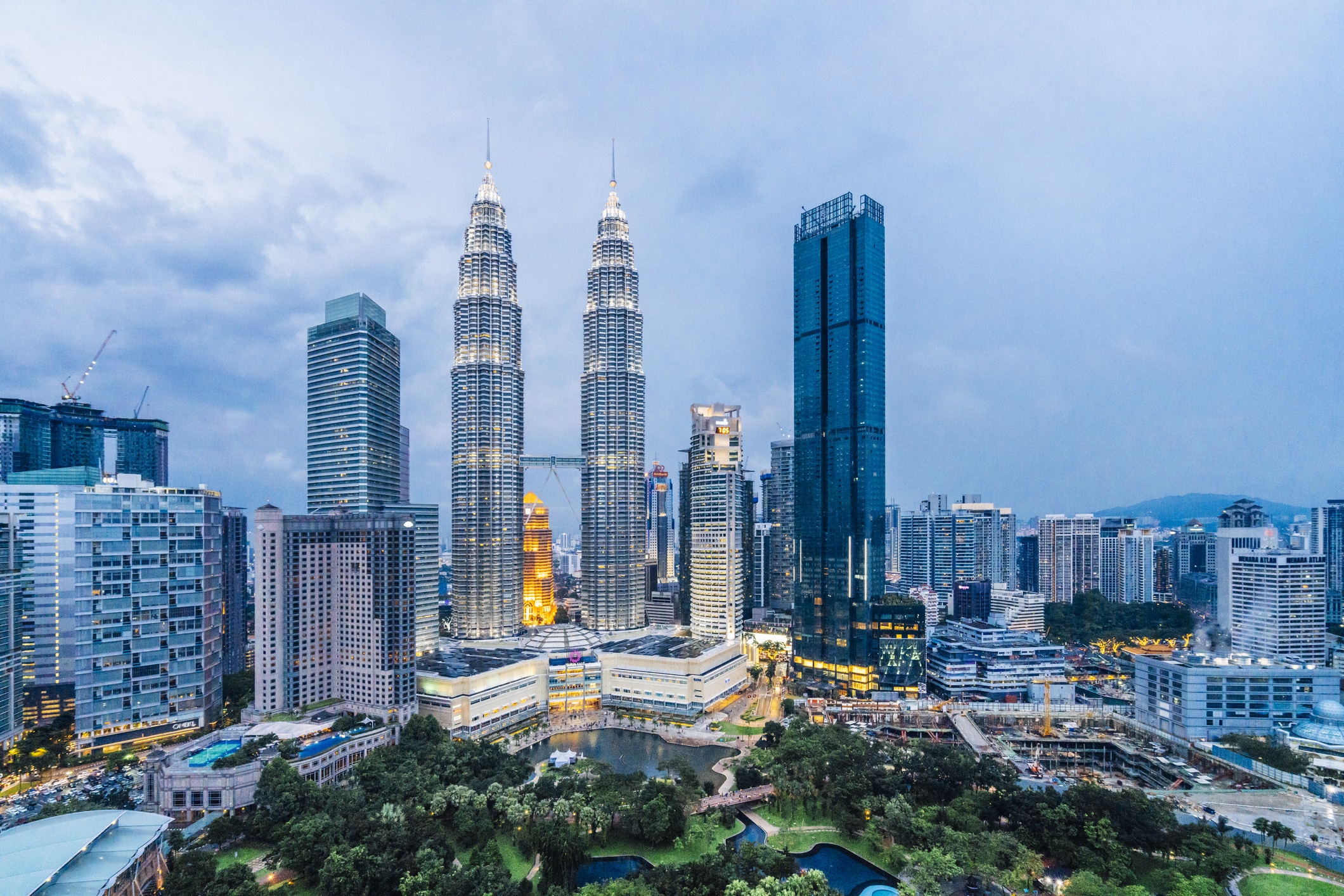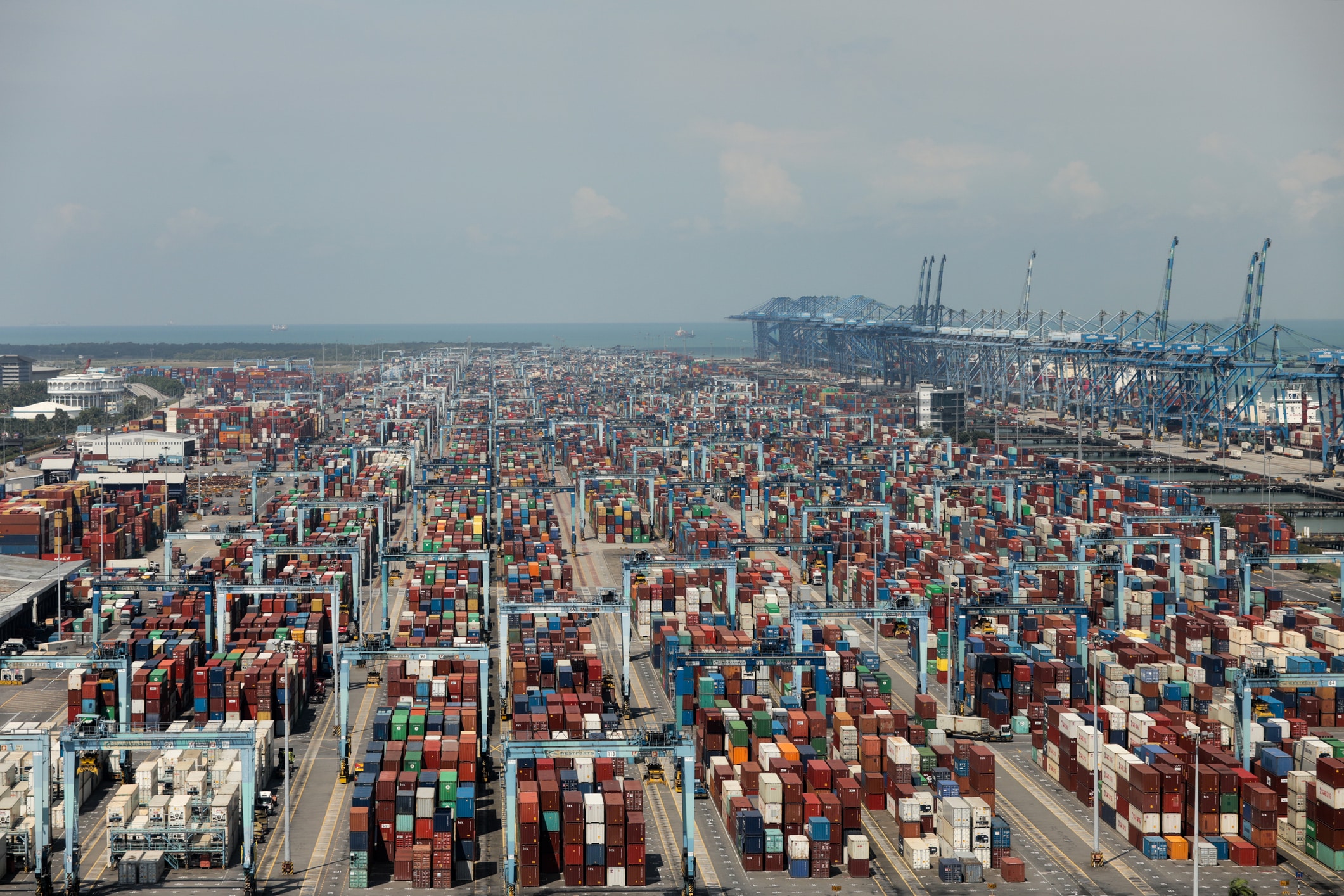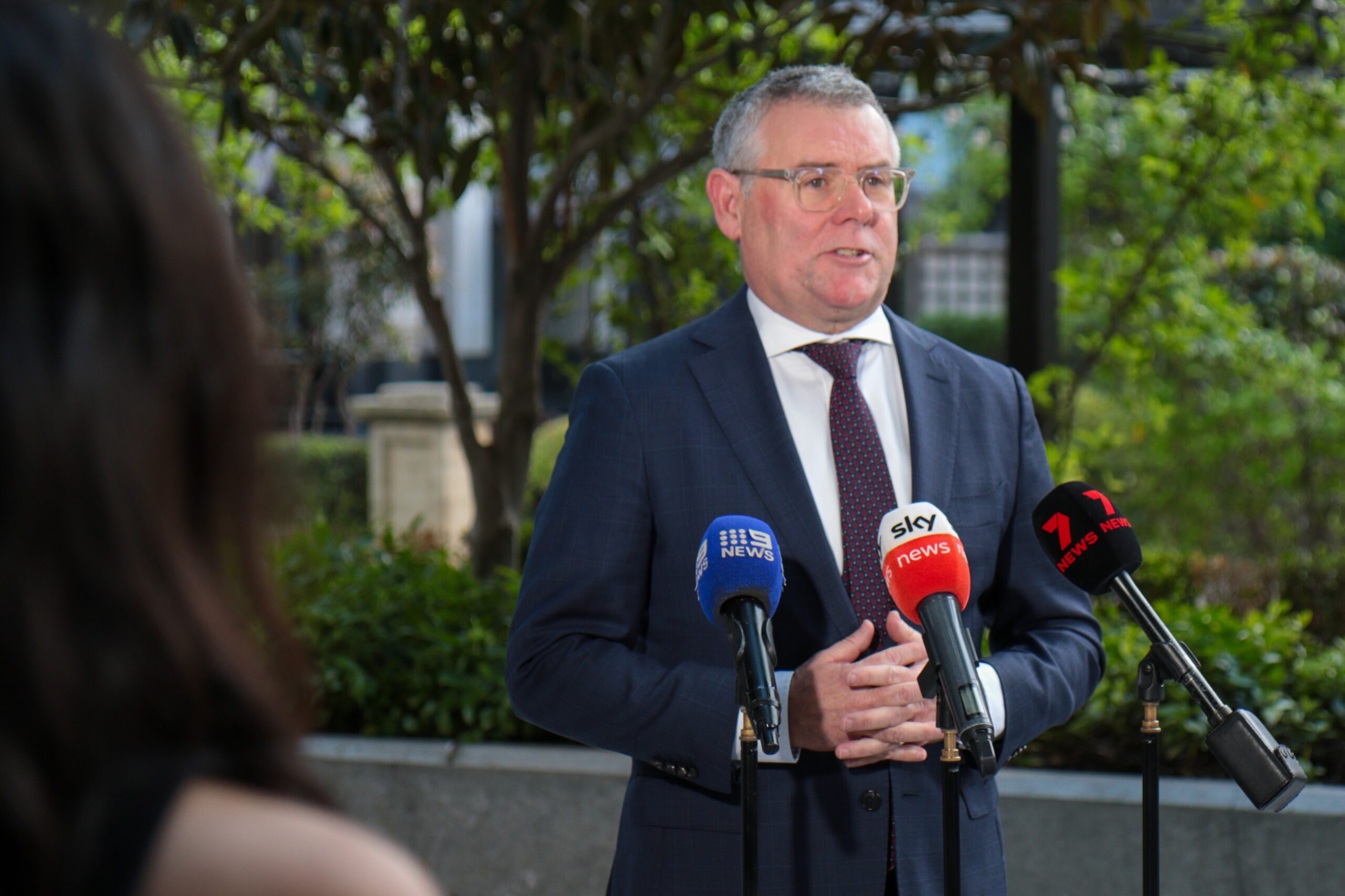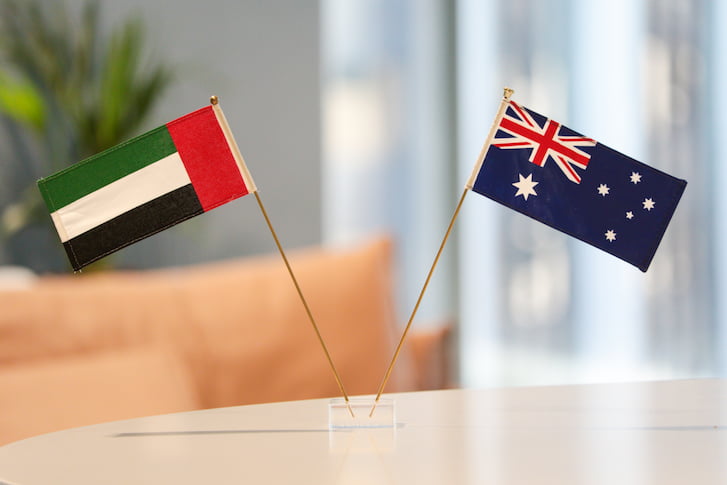Malaysia is one of Western Australia’s strongest and most enduring trade partners in Southeast Asia, with expanding opportunities in clean energy, agriculture, advanced manufacturing and digital trade.

“Go into any Malaysian supermarket and you will see many of the shelves lined with Australian products.
“Meanwhile, products ranging from kitchenware to antennas used for integration in networks manufactured in Malaysia can be found across Australian homes and workplaces. In terms of services trade, we are frequent travellers to each other’s countries.”
In 2024, Malaysia was Australia’s second-largest goods trading partner in ASEAN and seventh worldwide, with two-way trade in goods and services reaching about $33 billion. This was a significant increase from $19b when the Malaysia-Australia Free Trade Agreement (MAFTA) came into effect in 2013.
Policy momentum and market access benefits
Australian businesses also benefit from a mature trade framework with Malaysia. MAFTA and the Comprehensive and Progressive Agreement for Trans-Pacific Partnership (CPTPP) provide reduced tariffs and improved market access across goods, services and investment.
“We continue to work to ensure our free trade agreements with Malaysia remain up-to-date and meet our businesses’ needs in a rapidly changing world,” Heinecke says.
“On 21 April, the ASEAN-Australia-New Zealand FTA (AANZFTA) Upgrade entered into force, improving document processes to make it easier for traders to access reduced or eliminated tariffs on 97.7% of all tariff lines for Australian exports.”
Read more about free trade agreements and how they benefit businesses.
Trade opportunities: energy, agrifood, tourism, tech
Malaysia’s national energy transition goals – including reaching net zero and increasing its renewable energy share to 70% by 2050 – are creating strong demand for clean energy solutions, battery minerals and technical know-how.
“Natural resources have traditionally been the bedrock of our trade relationship, and we expect that to continue even as we seek to decarbonise our economies and embrace new opportunities unlocked by cutting edge technologies,” Heinecke says.
Malaysia is a major importer of food, with some market segments almost completely reliant on overseas suppliers, including meat, dairy and grains.
“Australia already supplies a quarter of imported meat, 40% of Malaysia’s imported liquid milk and two-thirds of imported wheat,” Heinecke says.
Australia is well-placed to meet Malaysia’s growing demand for premium and halal-certified products.
Tourism is another growth sector for both countries – particularly for states such as WA – with Malaysia being WA’s fifth-largest international visitor market, supported by strong aviation links.
Likewise, WA’s capabilities in digital, space and environmental technologies make the State a partner of choice for Malaysia’s digital transformation and sustainability objectives.
Tackling barriers for market entry and investment success

- Navigating regulatory and compliance requirements;
- Understanding the relationship-based business culture and regional differences;
- Building brand awareness in a competitive market; and
- Developing a winning positioning strategy.
“Businesses need to be aware of certification timelines and regulatory requirements upfront,” says CCIWA Head of International Trade Services Michael Carter.
“Engaging local partners, understanding import procedures and getting export documentation right can save time and money.”
Read more about navigating export rules, certificates of origin and documentation.
Investment interest from Malaysia to WA has traditionally focused on tourism, hospitality and agrifood sectors, and is now expanding into renewable energy, urban infrastructure and other industrial sectors.
Heinecke advises WA businesses who are seeking to attract Malaysian investment to spend time in the market.
“Do business like a local: understand the unspoken rules, engage with government stakeholders early, and be open to the nuances that come with working in a different cultural and regulatory environment,” she says.
“Embrace a bit of uncertainty and adopt a long-term view. Malaysian investors are often looking for sustainable partnerships.”
“Also, think beyond Malaysia as a standalone market and see it as a launchpad for accessing the wider ASEAN region,” Heinecke says.
Businesses are also encouraged to engage with Invest and Trade Western Australia, which provides support in close collaboration with the Australian High Commission in Malaysia and relevant government and industry stakeholders.
This article was written in collaboration with Invest and Trade WA and the Australian High Commission in Malaysia.
CCIWA’s International Trade Services team helps businesses reduce the time, cost and risk of going global. Contact the team for a free consultation on 08 9365 7620 or via [email protected].












